11-13 November, 2025 | UNSW Canberra, ADFA
Australian Space Domain Awareness & Space Traffic Management
Our annual conference returns in 2026
Save the Date:
10–12 November 2026
The Australian Space Domain Awareness and Space Traffic Management Conference brings together key researchers, users, and decision makers from the space sector
We are preparing an exciting program you will not want to miss which will incorporate three days of inspiration, innovation, and connection.
More information on conference sessions and registration will be released soon.
About the conference
The Australian Space Domain Awareness and Space Traffic Management Conference brings together key researchers, users, and decision makers from the Australian space sector.
The conference will focus on developing a set of shared priorities and goals among the Australian SDA community to enable Australia to meet the evolving challenge of safely and responsibly operating within the space domain.
The conference will:
- Showcase new and emerging Australian SDA and STM techniques and technology
- Collectively identify and prioritize gaps in SDA capability and STM systems
- Collaboratively define a strategy to exploit Australia’s advantageous location to develop a world class SDA and STM niche
- Provide a means to benchmark and measure the collective Australian SDA capability each year
- Provide an inter-disciplinary forum to drive Australian SDA and STM policy and business initiatives
- Return of the Great Space Debate that will bring together leading voices to discuss a key issue
The conference will run over 3 full days, consisting of talks, workshops and poster sessions with key focus on: sensors; analysis and data processing; space catalogue modernisation and STM concepts; satellite protection; regulation/policy/ethics (mitigation guidelines); economics/business models to sustain Australian SDA efforts.
Key dates


Keynote speakers
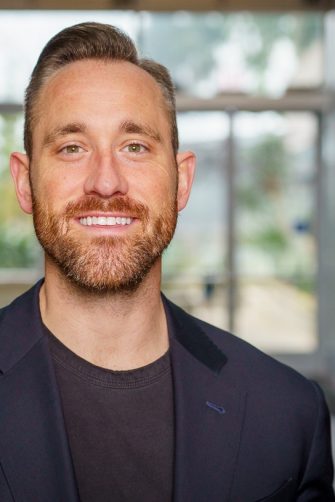

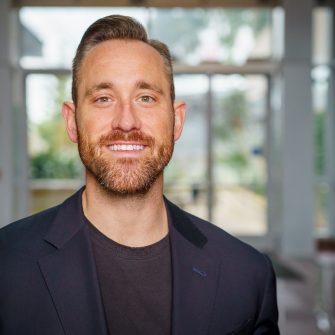
Asst. Prof. Aaron Rosengren
Aaron J. Rosengren is an Assistant Professor in the Jacobs School of Engineering and the Center for Astrophysics & Space Studies at the University of California San Diego. He previously served from 2017-2020 as an Assistant Professor in the College of Engineering and of the Interdisciplinary Graduate Program in Applied Mathematics at the University of Arizona. He completed his postdocs at the Aristotle University of Thessaloniki in Greece in the Department of Physics (2016-2017), as a member of the EU H2020 Project, REDSHIFT, and at the Institute of Applied Physics Nello Carrara of the Italian National Research Council (2014-2016), as a Marie Curie Fellow in the FP7 Stardust Network. He has held visiting researcher positions at UNSW Canberra in Australia, the Asher Space Research Institute at Technion in Israel, the University of Rome Tor Vergata in Italy, and the Belgrade Astronomical Observatory in Serbia. Dr. Rosengren is Fellow of the Outer Space Institute (OSI) for the sustainable development of space at the University of British Columbia and currently serves on the External Advisory Board of the Ann and H.J. Smead Department of Aerospace Engineering Sciences at the University of Colorado Boulder. He also chairs the Space Surveillance Committee of the American Astronautical Society (AAS).
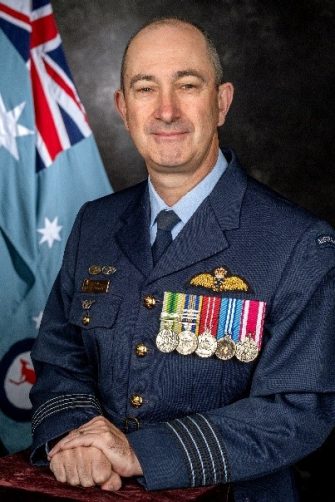

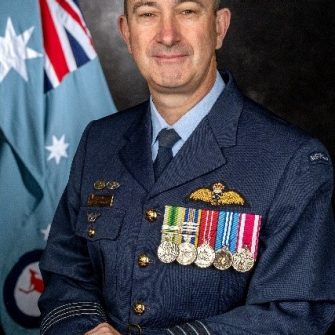
Group Captain Richard 'Rex' Harrison
GPCAPT Harrison is currently serving as the Director of Space Domain Awareness within Space and Cyber Capabilities Division, managing the acquisition of future capabilities.
Since joining the Royal Australian Air Force in 1990, Group Captain Harrison has held a range of operational and staff positions in air defence and space-related roles, and has broad experience in the development of concepts, capability, policy and plans.
In 2010, Group Captain Harrison deployed as part of the UN mission in Sudan, directing the operations of a mixed fleet of rotary and fixed-wing assets, contributing to the referendum that led to the formation of South Sudan.
Between 2013 and 2015, Group Captain Harrison managed the development of the Master Space Plan at the Joint Space Operations Center at Vandenberg, California.
In December 2019, Group Captain Harrison assumed the role of Commanding Officer of 1 Remote Sensor Unit (1RSU) in Adelaide, Australia, leading the delivery of the wide area air and space surveillance missions.
On completion of his command tour, Group Captain Harrison performed the duties of the Australian Defence Space Command liaison to US Space Force and US Space Command at Peterson Space Force Base, Colorado between 2022-2024.
Group Captain Harrison holds a Bachelor of Science (UNSW) and Master’s degrees in Defence Studies (UNSW), Physics (Royal Military College of Canada) and Military and Defence Studies (ANU). He is currently researching the squadron-level impacts of attrition within Bomber Command during WWII, as part of a Defence Studies PhD program at Kings College, London.
Group Captain Harrison and his wife Kristal were married in 1993 and they have one daughter, Tegan.
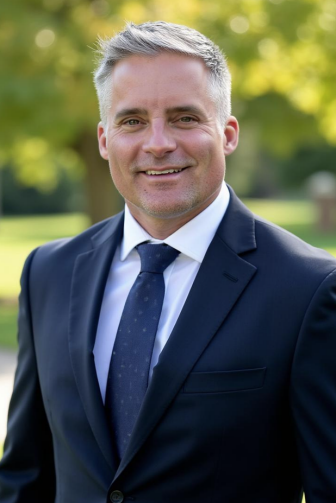

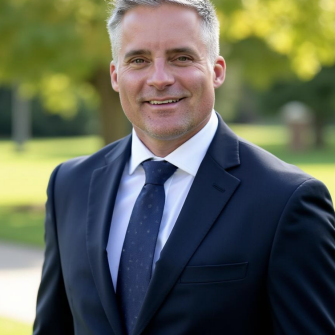
Michael A. Taylor
Michael A. Taylor is the Director of Weapons and Tactics for Joint Commercial Operations (JCO) focused on integrating advanced capabilities, automating operations, improving operational performance, and advancing the JCO Space Protect and Defend augmentation mission. Michael is a seasoned leader with over two decades of experience in space domain awareness, operations, R&D, and acquisitions within the Department of Defense and Intelligence Community. His previous position was with MIT Lincoln Laboratory where he played a pivotal role in shaping U.S. Space Command and the National Space Defense Center. Michael has led multinational teams, spearheaded prototype development, and directed experimentation in emerging technologies such as AI/ML, BMC2, and space operations automation. His career highlights include building orbital analysis programs for next-generation DoD systems, developing innovative modeling and simulation capabilities, and guiding architecture solutions that integrate critical space data infrastructures. Recognized with multiple top-tier awards for leadership and technical excellence, Michael brings a proven record of driving operational success and advancing national security in the space domain.
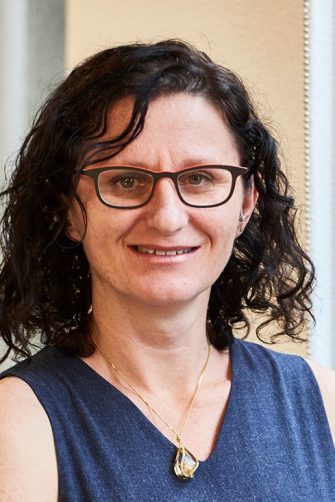

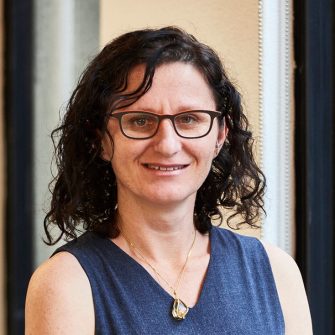
Dr Bianca Capra
Dr Bianca Capra is an aerospace engineer leading critical Australian science and technology research projects as the Deputy Program Lead Space Capability at the Defence Science and Technology Group. Bianca is an advocate and strong proponent of increasing broad participation in her technical fields and spheres of influence. She has used the skills developed through her technical background in aerospace engineering (PhD, UQ 2006) across a broad range of science and engineering fields in academia, government and industry. Using skills from her research and technical career, Bianca now leads large multi-disciplinary science and technology projects across the broader innovation, science and technology ecosystem delivering to the Space Domain. Bianca also has a strong focus on STEM outreach and engagement; supporting diversity through a number of women in STEM ambassador roles including as an STA Superstar of STEM in 2019, and more recently as the Senior Defence STEM ambassador.
Session participants
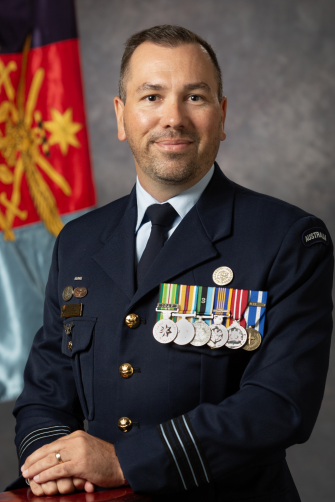

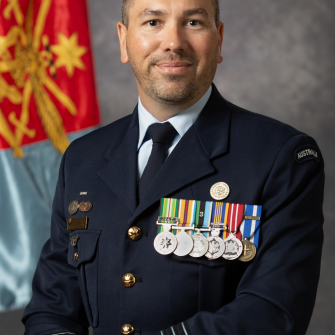
Wing Commander Adam Carroll
Wing Commander Adam Carroll was born in Sydney, Australia. He joined the Royal Australian Air Force in 2001, graduating the Australian Defence Force Academy with a Bachelor of Aeronautical Engineering (Honours) in 2004. Wing Commander Carroll has served across numerous operational engineering posts within Air Combat Group, culminating with his appointment as the Senior Engineering Officer of Number 1 Squadron, operating F/A-18F, from December 2014 to December 2017.
Wing Commander Carroll has completed four operational tours of the Middle East. In 2012, he was force assigned to the Australian HQ in the region in support of Operation Slipper. At the end of this tour, he was embedded with the US Army 3rd Infantry Division in southern Afghanistan, serving as the Deputy Director of Stability Operations. In 2017, Wing Commander Carroll deployed as the maintenance commander of the Strike Task Element on Operation Okra. He has been recognised for his operational performance through the provision of multiple commendations.
In December 2017, Wing Commander Carroll assumed the post of Director Advanced Capabilities and became the inaugural Special Technical Operations Chief of the Air Force. From 2022, Wing Commander Carroll was the Australian Space Liaison Officer to Canada. During this assignment, he led multi-lateral initiatives on space control and advanced missile defence research. He is the first non-Canadian to be awarded the Canadian Armed Forces Space Specialist Skill qualification and was further recognised for his leadership and strategic perspective, through the awarding of a Chief of the Royal Canadian Air Force commendation. In February 2024, Wing Commander Carroll returned to Australia as the Chief Engineer of the Special Purpose Aircraft fleet, Australia’s Air Force One capability. During this tour, he successfully managed the introduction into service of two new Boeing Business Jet 737 aircraft and was recognised for his subject matter expertise through the awarding of a Deputy Secretary Commendation. In December 2024, Wing Commander Carroll had the privilege of being appointed Commanding Officer of Number 1 Space Surveillance Unit. His focus is on the evolution of the sovereign Space Domain Awareness and Missile Warning missions.
Wing Commander Carroll holds master’s degrees in: Aerospace Engineering, International Relations, Space Operations, and Strategic Studies. Wing Commander Carroll is a Distinguished Graduate of the USAF Air War College, where he was a member of the selective US Space Force space strategy concentration. Wing Commander Carroll is married to Wing Commander Ellie Aurisch, their shared interests include travel, skiing, and ice hockey.
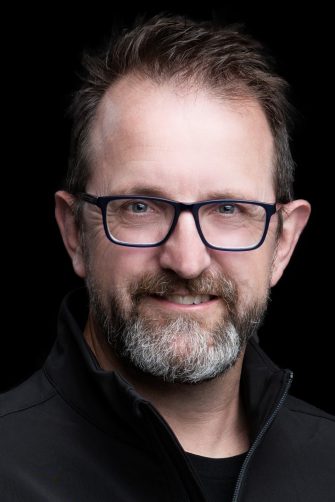

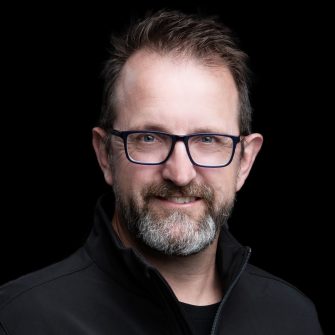
Byron Riessen
Byron is a Partner in Deloitte’s space sector advisory practice with 30 years’ experience in the information and communications technology and space sectors. He advises all segments of the space ecosystem including the Department of Defence, government (industry development, regulator and end-user of space data capability, defence primes, high growth potential space-tech companies, universities and downstream users of space data and capability such as mining & energy resources, utilities, agriculture and insurance.
He has led growth functions in both early-stage and well-established tech companies.. He is adept at establishing and leading channel partnerships within the tech sector. Byron has also led holistic industry development programs for the ICT industry in Australia.
Byron specialises in resilience space systems, including cyber security for in-orbit space assets. He serves on the board of the Space Information Sharing and Analysis Centre (Space ISAC) and chairs its Australian forum.
Select experience
- Byron established Deloitte’s global space & geospatial tech accelerator program, the GRAVITY Challenge.
- Led the PMO for Deloitte’s role in designing and implementing Australia’s space mission control centre at Lot Fourteen, Adelaide, South Australia.
- Spearheaded Deloitte’s role with Surrey Satellite Technology Limited, UK Space Agency, the Australian Space Agency and CSIRO supporting the development and scale-out of the AquaWatch, satellite-enabled water monitoring platform.
- Secured Deloitte’s role in several space and defence space programs in Australia.
- Led consultation across key industry leaders in Australia’s space sector to inform the development of Deloitte’s “Building the Space Nation” report.
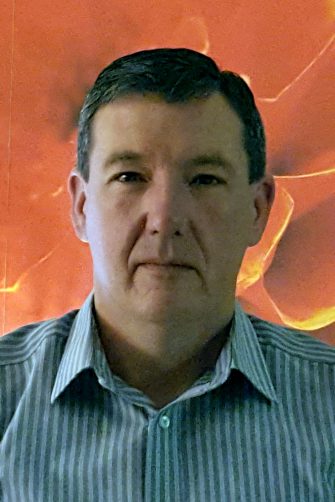

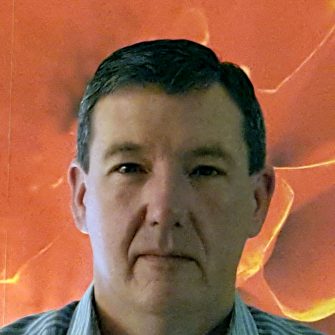
Dr Keith Joiner
Dr Keith Joiner, CSC, PhD, MSc, MMgmt, BEng, CPPD, CPEng. Dr Keith is the current Chief Editor of the Journal of Testing and a Board Member for the International Test and Evaluation Association. Dr Joiner was an Air Force aeronautical engineer, project manager, and teacher for 30 years, culminating in his last four years as Australia’s all-domain Director General of Test and Evaluation. He has led trials on satellites, ships, land vehicles, missiles, drones, aircraft, helicopters, artillery, soldier protection, ammunition storage, base security, rifles, ICT, counter-IED, counter-CBRNE, and subsea capabilities. He was awarded a U.S. Meritorious Service Medal, an Australian Conspicuous Service Cross, and was commended twice by Service Chiefs. In the last decade at the University of New South Wales, he has authored over 120 peer-reviewed articles and graduated nine doctoral students. His research and teaching of efficient test design, aircraft design, governance of capabilities, and assurance processes for AI-enabled and cyber-resilient systems.
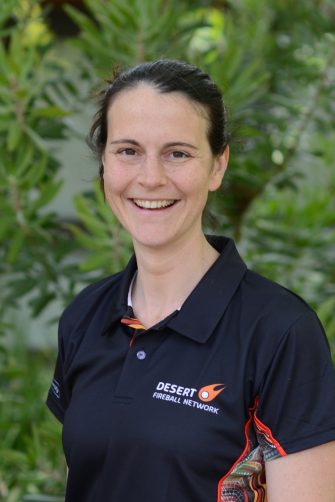

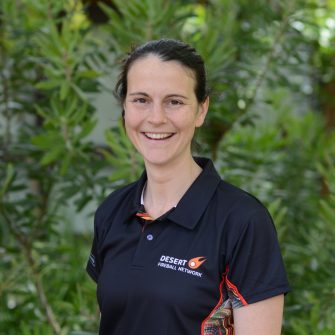
Dr Eleanor Sansom
Dr. Ellie Sansom is the project manager for Australia's Desert Fireball Network and the Global Fireball Observatory, based at Curtin University. She completed her PhD in 2017, studying space rocks coming through the atmosphere as fireballs. Ellie is currently investigating where this larger extra-terrestrial material is coming from for impact hazard mitigation, and models where meteorites might have fallen on the ground. She is a mission scientist on NASA's InSight mission, listening for impacts on the surface of Mars, and was part of the science observation campaign of the atmospheric re-entry of the Hayabusa-2 capsule.
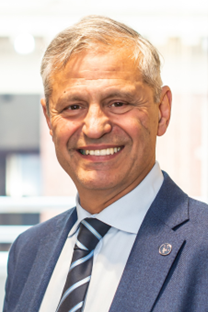

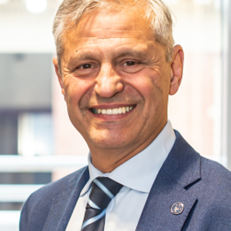
Professor Andy Koronios
Professor Andy Koronios is the CEO and Managing Director of the SmartSat CRC. He is also an Emeritus Professor at the University of South Australia.
Andy has previously held the positions of Dean: Industry & Enterprise at the University of South Australia and Head of the School of Information Technology & Mathematical Sciences at the University of South Australia.
Andy is a Professor of information systems and holds academic qualifications in Electrical Engineering, Computing and education as well as a PhD from the University of Queensland.
He has extensive experience in both commercial and academic environments and his research areas include data quality, information management & governance, data analytics and the strategic exploitation of information.
Andy has led the establishment of a number of research concentrations, labs and research centres. He served as the Research Program Leader for System Integration & Interoperability in the CIEAM CRC. He is internationally known for his work in data quality, he has been an adjudicator for the European Corporate Data Quality Awards for several years and Editor-in-Chief of the International Journal of Information Quality.
Andy has worked both as a consultant as well as a professional speaker on IT issues in Australia and South East Asia and has over thirty years’ experience in the academic environment. He is a Fellow of the Australian Computer Society, a Founding Fellow of the International Institute of Engineering Asset Management, a Distinguished Speaker of the ACM.
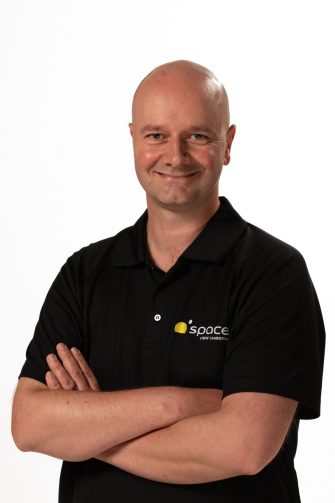

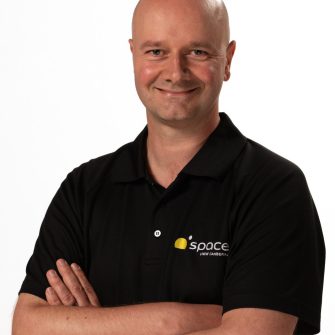
Associate Professor Melrose Brown
Associate Professor Melrose Brown is the Director of UNSW Canberra Space at the University of New South Wales, where he has been a leading figure since the centre’s establishment in 2014.
With over a decade of experience in space engineering and research, Associate Professor Brown’s work addresses critical issues in space safety, security, and sustainability.
Associate Professor Brown’s research is broad and multidisciplinary, spanning astrodynamics, space environment modelling, proximity operations, and the application of artificial intelligence for satellite cyber resilience.
Since joining UNSW Canberra Space, he has driven the design, development, and execution of the space domain awareness mission goals for four satellite missions, including the innovative M2 mission.
Associate Professor Brown has also developed and led UNSW Canberra’s Space education programs since 2018.
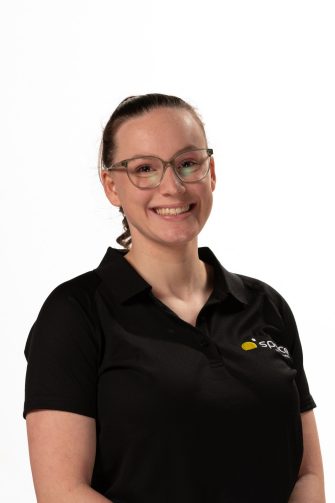

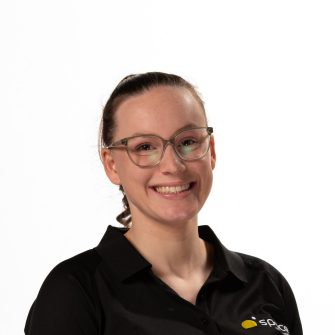
Lily Flannery
Lily Flannery is a PhD student at UNSW Canberra Space, where she researches satellite re-entry prediction methods. Her work focuses on reducing the uncertainty in re-entry modelling tools, with the aim of providing practical, real-world solutions that improve the safety and reliability of re-entry predictions. She holds a BEng(Aero) and an MPhil(Aero), both from UNSW, and is an ATSE Elevate Scholar.
Lily is also a passionate advocate for diversity in STEM, serving on the UNSW Canberra Equity, Diversity and Inclusion Committee and contributing to outreach and mentoring through the UNSW YoWIE Program, Cool Aeronautics, and initiatives supporting young women pursuing careers in science and engineering. She is committed to advancing technical excellence while fostering a more inclusive and inspiring future in the space sector.
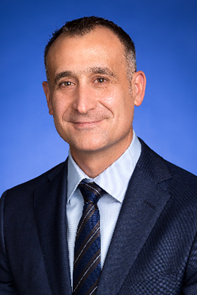

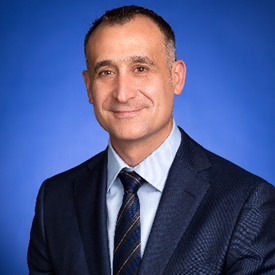
Duncan Blake
Mr Blake conducts research and teaching at the interdisciplinary intersection of law with outer space and military policy and strategy.
Duncan transferred from the permanent Air Force to the Reserves in January 2017, after 22 years as a Legal Officer in the Royal Australian Air Force. He worked at the tactical, operational and strategic levels at home and on deployment overseas, especially in the Middle East. He served as the Deputy Director of Operations and International Law for the Australian Department of Defence, providing operations and international law advice and support at the highest levels within Defence and across government. More recently, Duncan was legal advisor to the Defence Space Coordinating Office and he initiated and chaired inter-departmental and international working groups in respect of strategic space law, including for the Combined Space Operations initiative. His last posting, before transferring out of the permanent Air Force, was in a non-legal position, managing the development of a future joint operating concept for military use of outer space, to coordinate capability development and force structure decisions in the Australian Defence Force.
Duncan has contributed extensively to doctrine and policy for the Australian Department of Defence and whole-of-government, on issues of operations law and space law.
Duncan is completing doctoral research at The University of Adelaide on a topic associated with the Woomera Manual project. In respect of military space activities, there are rules of international space law that appear incongruent with rules from laws about using force and coercion. Reconciling those incongruities using existing tools of international law is ambiguous. Nevertheless, meaningful resolution of these conflicts is possible. Duncan’s research examines how.
In 2024 he founded an annual series of three workshops to focus on evolution of the regulatory framework for Australian space activities. Every year the Workshops on the Regulation of Space Activities and Technologies (WRegSAT) will consider a select regulatory challenge and produce a Regulatory Options Paper. Duncan is Deputy Chair for WRegSAT in 2025.
Duncan is also undertaking research in a range of other space governance topics that are the subject of ongoing applications for research funding. These include tracking and characterising emerging norms in the space domain, the dual use / dual purpose issue in the space domain, facilitating and elevating Indo-Pacific voices on issues of space governance and governance structures for space resource utilisation.
Duncan also consults on law and strategy for space services for International Aerospace Law & Policy Group, a law firm in Queensland.
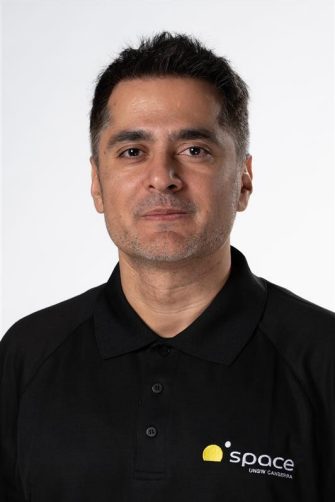

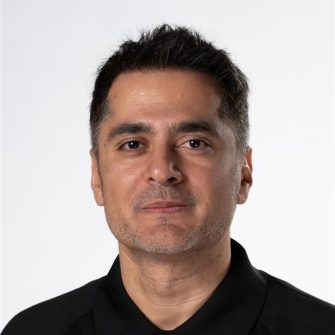
Dr Syed Shahzad
Dr Syed Shahzad is a cyber resilience expert working at the intersection of defence and space. His research focuses on integrating cyber resilience early in the engineering lifecycle of complex space programs, improving assurance from concept to deployment.
Dr Shahzad leads a team of cybersecurity specialists in the Military Platform Integration Branch at Australian Defence, where he ensures weapon systems are cyber‑secure and resilient prior to integration into strategic networks.
At UNSW Space, he serves as a researcher and end-user-engagement officer on the SmartSat CRC project, developing AI and machine learning frameworks that embed resilience into space network architectures.
Dr Shahzad is an alumnus of UNSW and St Hugh’s College, University of Oxford.
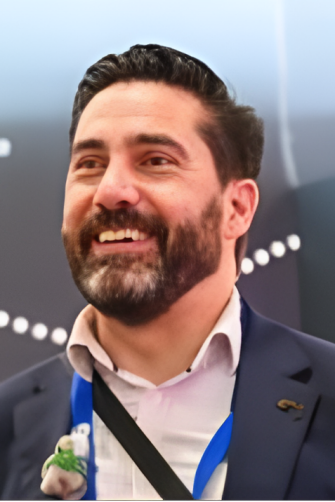

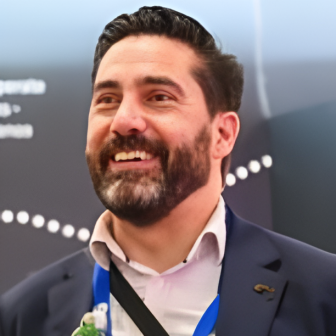
Edwin Betar
Edwin Betar is the Assistant Director of the Australian Space Agency’s Civil Space Monitoring Pathfinder where he is working to establish the Agency’s monitoring capability through establishing process, procedures, and systems coordinating engagement across Government and international partners. Previously Ed worked for Boeing Defence Australia across multiple defence and space programs, including as the project engineer for Boeing Australia’s portion of the Lunar Terrain Vehicle bid. Additionally, as a member of Boeing’s Aerospace Xelerated, Ed was involved Boeing’s engagement of early-stage organisations and startups internationally. This included hosting a Queensland industry pitch session for the of XR technologies to support training and micro credentials that saw the company Hindsite on-boarded as a Boeing Supplier.
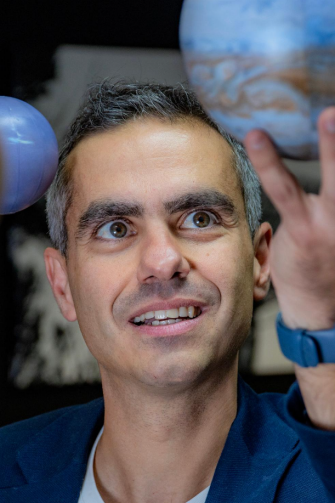

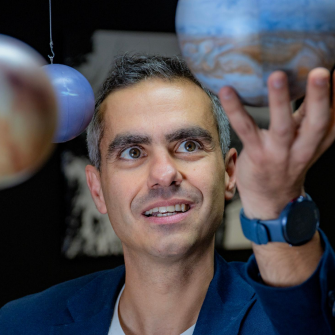
Dr Guifre Molera Calvés
Dr Guifre Molera Calvés contributes to space exploration through advanced radio infrastructure applications, supporting planetary missions, planetary defence, space weather monitoring, and space domain awareness. His work includes the detection and tracking of near-Earth natural and artificial objects and the analysis of solar radio emissions to assess their impact on satellite operations. Dr. Molera Calvés is a key member of ESA’s JUICE mission, where he contributes to the Planetary Radio Interferometry and Doppler Experiment (PRIDE), a pioneering effort in deep space navigation and spacecraft tracking. He also leads the UTAS development of sovereign surveillance systems integrating optical, radar, and RF technologies. Dr. Molera Calvés is a member of the scientific committee of the Australian Space Research Conference (ASRC).
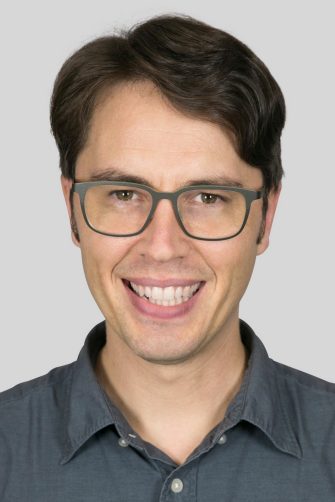

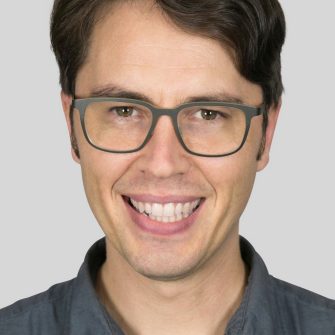
Dr Lee Spitler
Lee Spitler, PhD, is Head of Space Projects at the Australian Astronomical Optics (AAO), a market-facing business unit within Macquarie University in Sydney, Australia. Lee has been instrumental in transforming AAO's focus from ground-based astronomy to commercial space applications. He led the delivery of AAO's first space-bound optical payload to Gilmour Space Technologies. He also collaborated with HEO to achieve the world-first simultaneous observation of a satellite from ground and space. Additionally, Lee's team designed a critical component for Advanced Navigation's LUNA sensor, enhancing autonomous lunar landings. Lee is Principal Investigator of the Huntsman Telescope, which is being adapted to daytime tracking of satellites in Low Earth Orbit. Lee won the 2025 Australian Space Award for Scientist of the Year.
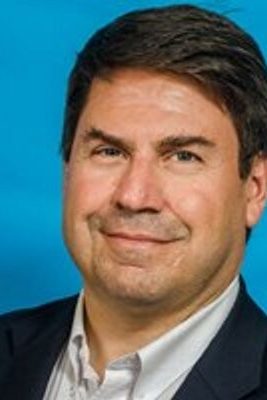

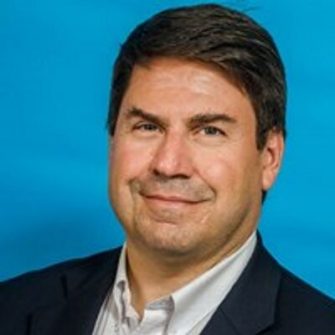
Dr Malcolm Davis
Dr. Malcolm Davis is a Senior Analyst in Defence Strategy and Capability at ASPI, broadly focusing on current and future warfare, space policy and security, and defence policy. Malcolm is currently working on analysing issues related to Australian defence capability and future warfare, including air power and autonomous systems, space capability, and defence strategy.
Before joining ASPI in January 2016, Malcolm was a post-Doctoral Research Fellow on Chinese military modernisation at Bond University from 2012-2016. From October 2010 to March 2012, he worked with the Department of Defence in Strategic Policy Division (EL1) and from October 2007-October 2010, with Navy Headquarters (APS-6). From August 2000 to October 2007, he was a Lecturer in Defence Studies with Kings College London, at the Joint Services Command and Staff College in Shrivenham, United Kingdom.
Malcolm holds a Doctor of Philosophy (Ph.D.) in Politics (Strategic Studies) from the University of Hull, focusing on maritime and naval capability development in Asia. He holds two Master of Arts degrees, from the Australian National University and from Lancaster University, both on Strategic Studies. He holds a Bachelor of Arts in Politics from the Flinders University.
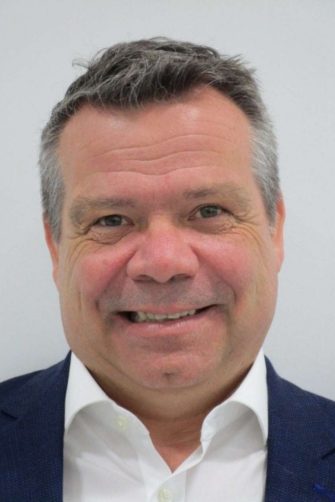

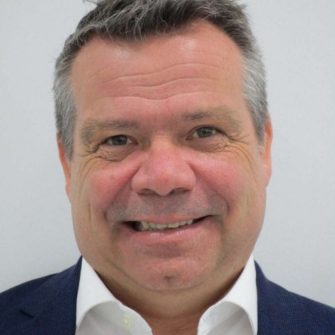
RJ Stensland
With more than 35 years of experience from the aerospace and defence industry, he has held various roles in R&D, engineering, project management, flight testing, and business development. He holds a B.Sc. in Avionics and an E-MBA from INSEAD.
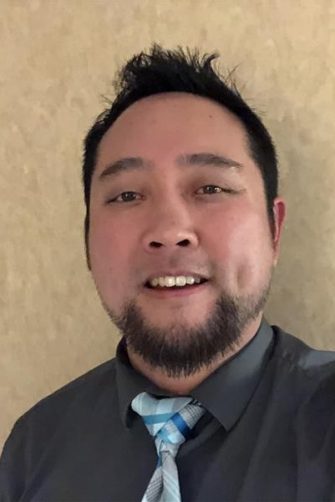

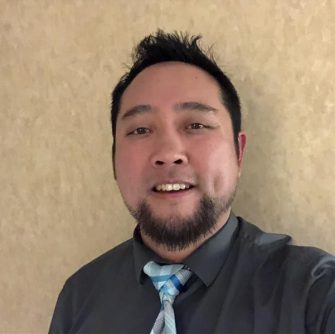
Dr Channing Chow
Dr. Chow’s professional career spans over 20 years in the aerospace industry, with organizations including
Pacific Defense Solutions (now known as KBR), Northrop Grumman, and NASA’s JPL. He has supported various industry, academic, government customers alike and has led full life-cycle programs from concept to operations. Now in the fifth year as a small business, he has achieved global commercial success with Cloudstone's Panopticon data product reaching both the U.S. and Australian markets and upcoming European markets. Cloudstone is central to several current SDA TAP Lab defense initiatives in CONUS and over INDOPACOM.
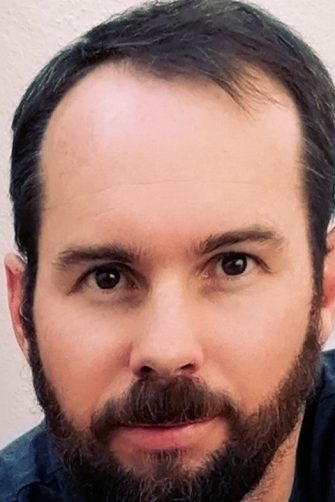

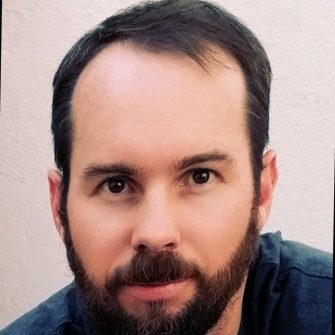
Nicolas Erasmus
Nic Erasmus joined the South African Astronomical Observatory (SAAO) in 2015 and currently serves as an Instrumentation Scientist and Astronomer. His research focuses on Solar System science, particularly the follow-up and characterisation of main-belt and near-Earth asteroids. He is also involved in astronomical instrumentation development and the commissioning of various telescopes and instruments at the SAAO site in Sutherland. In 2022, the ATLAS (Asteroid Terrestrial-impact Last Alert System) telescope, designed and operated by the University of Hawaii and funded by NASA, was installed in Sutherland. Nic acts as the South African lead, working with the ATLAS team to support the telescope’s contributions to asteroid detection and follow-up from the Southern Hemisphere. He is also involved in the SAAO’s Intelligent Observatory (IO) project, which aims to network telescopes for more efficient and automated responses to astronomical alerts.
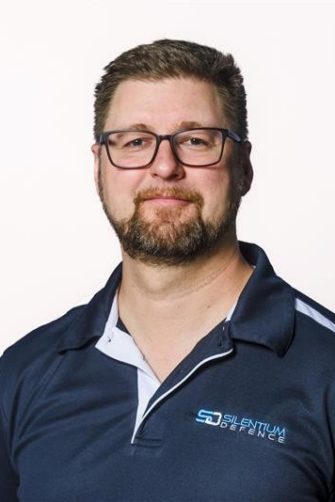

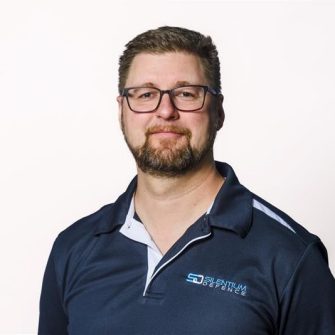
Will Tuckerman
Will Tuckerman combines operational expertise with strategic vision, shaping Australia’s space and defence sector through leadership of Silentium’s Space Domain Awareness program. He oversees the delivery of passive radar solutions for wide-area surveillance, driving innovation and resilience in sovereign capability.
With experience managing multi-billion-dollar programs from concept to deployment—including the JORN upgrade and major transformations in Defence and government—Will excels at navigating complex stakeholder environments and forging partnerships across Defence, industry, and academia.
Known for his people-first approach, Will builds high-performing teams and cultures focused on strategic outcomes and continuous improvement. His insights are grounded in practical experience, from negotiating at senior levels to supporting operational test and evaluation as a Maritime Warfare Officer.
